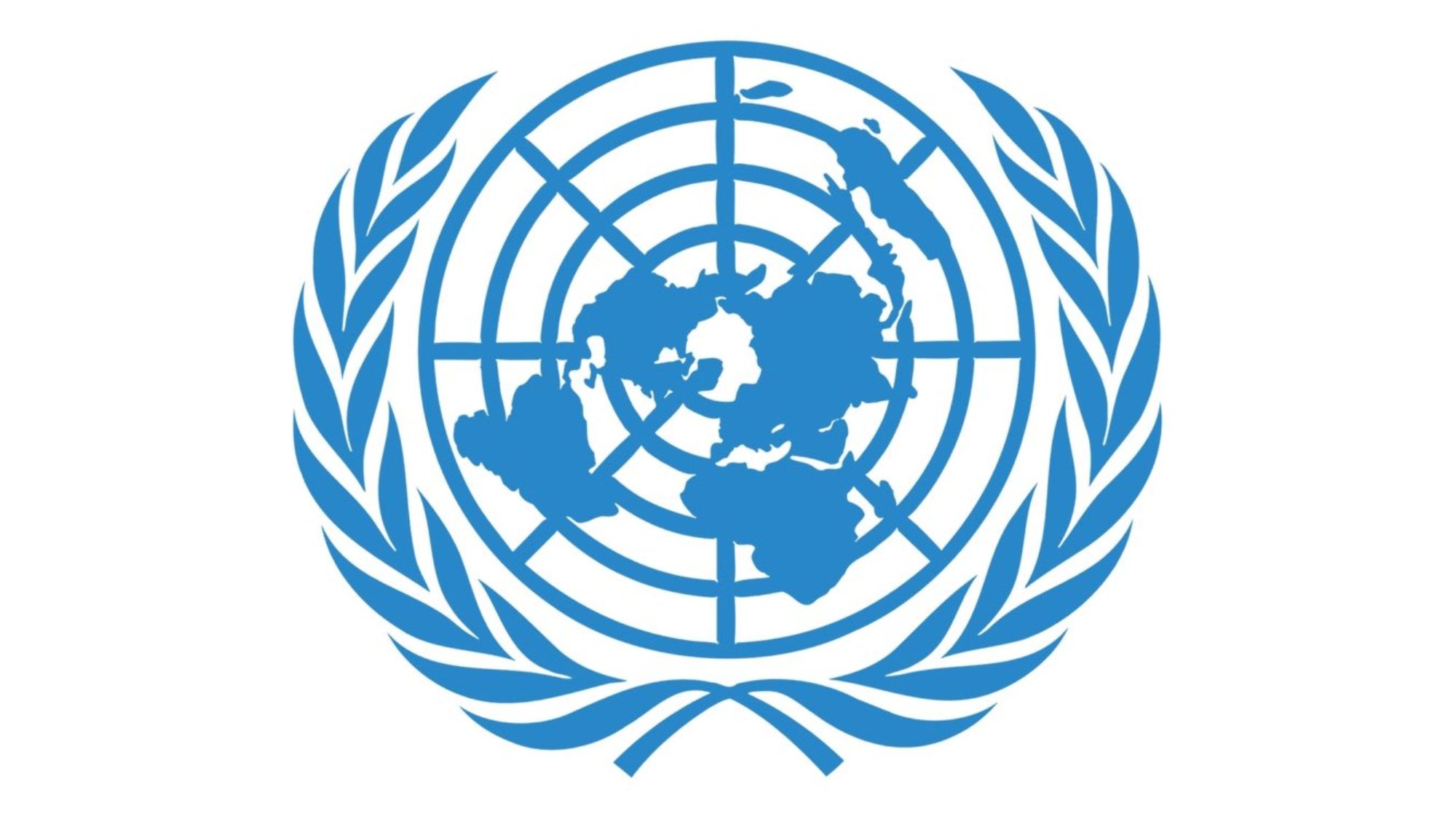UN cybercrime convention inadequate, says Human Rights Watch
It has been criticized as a win for ‘digital authoritarianism’

The United Nations convention against cybercrime, recently passed by unanimous vote, has fielded criticism from tech companies and human rights groups alike.
Among the critics was Cisco, which claims the move does not do enough to ‘sufficiently protect basic human rights’.
The launch has also been slammed by activist group Human Rights Watch, which has warned the convention expands government surveillance in a thinly veiled attempt to control dissent.
Not far enough
Instead of focusing on crimes like ransomware or hacking which are committed against computer systems, the treaty focused on crimes which use digital communication systems (such as 'libel' on social media).
This would serve to facilitate national repression, said Human Rights Watch Executive Director Tirana Hassan, who claimed it would, “fuel the rewriting of criminal laws around the world to establish new expansive police powers,” labelling it an “unprecedented multilateral tool for cross border surveillance by law enforcement without adequate safeguards for human rights.”
The current draft of the law defers to domestic law to establish human-rights safeguards, which means citizens do not benefit from international human rights standards, but instead are left at the mercy of their national government. This means that in countries where people are most at risk of human rights abuse, the potentially repressive governments set the precedents.
Both China and Russia pushed for the convention, and the broad scope of the treaty allows for the prosecution of anyone committing crime using Information and Communications Technology systems, meaning any repressive laws passed by an authoritarian government can be used to restrict speech online. This means, for example, any country which has criminalized same-sex relations can prosecute anyone who fights for same-sex rights online.
Sign up to the TechRadar Pro newsletter to get all the top news, opinion, features and guidance your business needs to succeed!
In its own complaint, Cisco also warned the convention should be amended to align more closely with the Budapest Convention, which offers better protections and reflects ‘carefully negotiated’ balances between competing interests.
More from TechRadar Pro
- Take a look at our pick of the best encryption software around today
- "Illegal to break encryption," the European Court of Human Rights rules
- Check out our best VPNs on the market now

Ellen has been writing for almost four years, with a focus on post-COVID policy whilst studying for BA Politics and International Relations at the University of Cardiff, followed by an MA in Political Communication. Before joining TechRadar Pro as a Junior Writer, she worked for Future Publishing’s MVC content team, working with merchants and retailers to upload content.